A reader wrote to us with a very simple question a little while ago: what effect do Catawba worms have on pecan trees? Nothing else was written, so we aren’t sure if the reader is dealing with Catawba worms in some way, or if perhaps he is just interested in this one very specific question. Regardless, it’s a slightly puzzling question to be interested in because Catawba worms should have no effect on pecan trees. So, the answer to our reader’s question – none – is perhaps the easiest we’ve ever supplied.
Why do we say that Catawba worms have no effect on pecan trees? Because, interestingly enough, we have dealt with a very similar question before. (When you answer questions about worms, larvae, and various other creatures all the time, you start to realize you’ve encountered a fairly wide range of information.) In particular, we were asked about Catawba worms and Royal Empress trees, and if these worms can harm this type of tree. What we found in the course of researching this article is that Catawba worms are discerning eaters. Their sole source of sustenance is catalpa trees.

Catawba worms, which are actually the larval form of Catalpa Sphinx moths (making them caterpillars), feast on the leaves of these trees, often completely defoliating them. Indeed, this can actually happen a few times in a summer because catalpa trees readily regenerate their leaves. Strangely, despite the veracious appetites of Catawba worms, catalpa trees are essentially not harmed by these caterpillars (although it is possible that after several years of a serious infestation, a catalpa tree will die). The resiliency of catalpa trees is greatly valued by fishermen, as they often plant these trees specifically to attract Catawba worms, which make excellent fish bait.
As you can see, there is a fairly close relationship between catalpa trees and Catawba worms. The latter feeds (and only feeds) on the former, which aren’t negatively affected (except in extreme cases) by constant defoliation. Pecan trees are subject to a number of different pests – Pecan Weevils and sawflies come to mind – but one of these pests isn’t Catawba worms (which in any case are often not considered pests because of their value as fish bait). So, to conclude how we began, Catawba worms should have no effect on pecan trees. If you were to cover pecan tree with Catawba worms, nothing notable would happen at all.
All About Worms is always free, always reader-supported. Your tips via CashApp, Venmo, or Paypal are appreciated! Receipts will come from ISIPP Publishing.



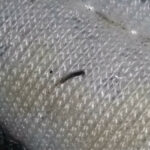
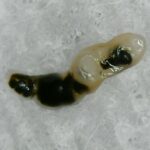
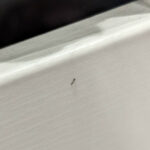

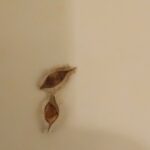
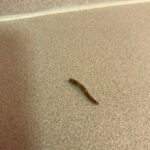
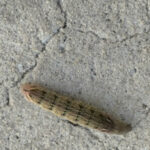
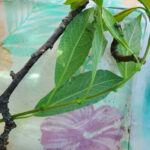
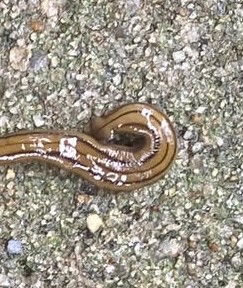


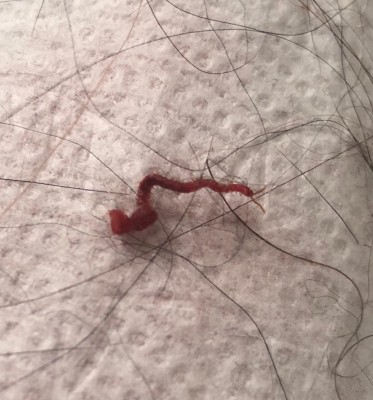


My tree has little bumps in the leaves I want to know how to get rid of them
Mt tree has little bumps in the leaves I think it’s worms but not shure becouse I can’t see them what is it what can I do to stop this and if it’s worms wen do they come out